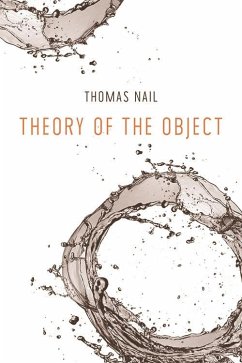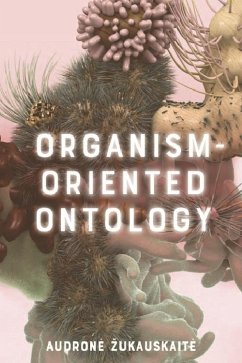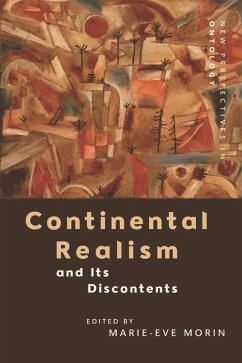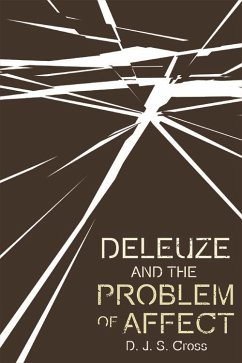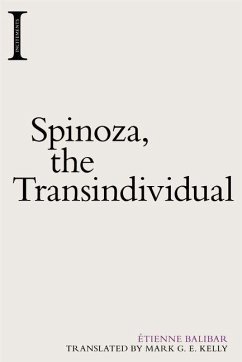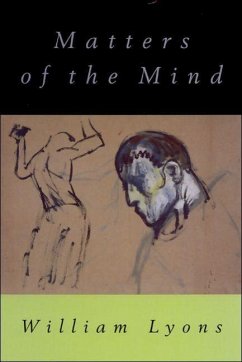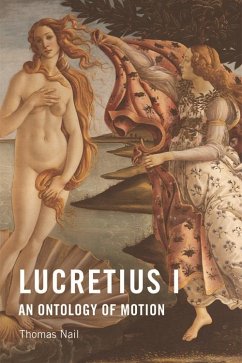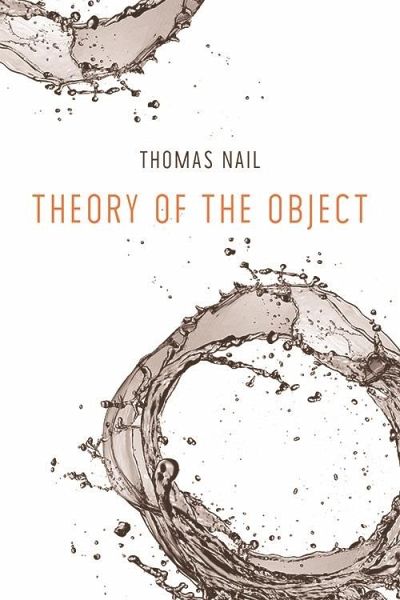
Theory of the Object (eBook, PDF)

PAYBACK Punkte
8 °P sammeln!
"e;Throughout the history of science and technology, objects have been understood in many ways but rarely have they been understood to play an active role in the production of knowledge. This has led to largely anthropocentric theories and histories of science, which treat nature as passive objects viewed by independent observers. Thomas Nail approaches the theory of objects historically in order to tell a completely new story in which objects themselves are the true agents of scientific knowledge. They are processes, not things. It is the first history of science and technology, from preh...
"e;Throughout the history of science and technology, objects have been understood in many ways but rarely have they been understood to play an active role in the production of knowledge. This has led to largely anthropocentric theories and histories of science, which treat nature as passive objects viewed by independent observers. Thomas Nail approaches the theory of objects historically in order to tell a completely new story in which objects themselves are the true agents of scientific knowledge. They are processes, not things. It is the first history of science and technology, from prehistory to the present, to illuminate the agency, knowledge and mobility of objects."e;"e;Nail's view of the object can be characterized as "e;change is the only constant"e; (to quote those who have gone before). Nail (Univ. of Denver) sets out to convince readers that reality is not a stable essentialist subject/object dichotomy but rather a materialist process of kinetic historical progression. (...) That said, Nail's writing style is generally approachable, so even readers not drawn to academic philosophy of science might find this an interesting read."e;
Dieser Download kann aus rechtlichen Gründen nur mit Rechnungsadresse in A, B, BG, CY, CZ, D, DK, EW, E, FIN, F, GR, HR, H, IRL, I, LT, L, LR, M, NL, PL, P, R, S, SLO, SK ausgeliefert werden.




